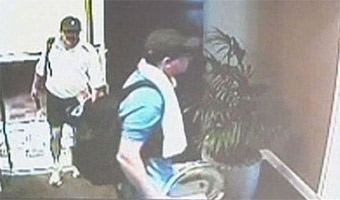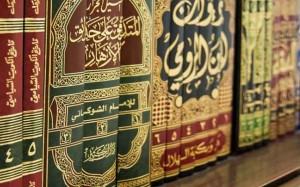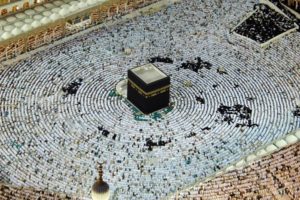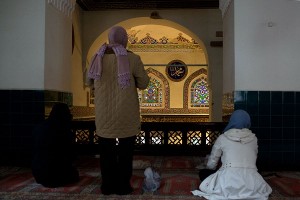
May 26 2010
The decision yesterday by Foreign Minister Stephen Smith to expel a Mossad agent working in the Israeli Embassy in Canberra for his role in his country’s forging of four Australian passports used in an assassination of a senior Hamas figure in Dubai earlier this year is one that may help to reduce violent extremism in Australia.
In fact, this one action of standing up to Israel might do more good in reducing home grown extremism than the $9.7 million the Rudd government announced on May 11 it was throwing at the issue.
To the extent that there are fundamentalist Islamic extremist cells in Australia – and this is by no means clear given that we only have the government’s word for it – one of the key selling points for those cells in recruiting members has been Australia’s toadying to Israel and the United States over the past decade.
The argument runs something like this. The Australian government is an enemy of Islam. Like the US, it tolerates Israel’s ill-treatment of the Palestinian people and participates in conflicts like Iraq and Afghanistan which kill innocent Muslims. So Australia is the enemy of Islam and it should be attacked.
It’s a highly simplistic view of the world, one that bears no relationship to the religion of Islam, and it certainly does not justify any resort to violence or support for terrorist acts overseas. But to impressionable young minds that are searching for answers about their identity, religious and cultural, this is a compelling logic and it explains what otherwise seem bizarrely extreme conversations they have with other.
The Rudd government’s own White Paper on Counter Terrorism, released in February this year, acknowledged that such arguments of grievance are used to justify terrorist activity.
And a survey released last year by the Centre for Muslim Minorities and Islam Policy Studies at Monash University showed that amongst the Islamic Australians it polled “there is a resonant theme of cultural and political apprehension”. The survey noted that the Howard government was seen as anti-Islam. This is in large part because of its slavish following of the Bush Administration.
The survey also rightly observed that such cultural and political apprehension “has several ramifications, most notably in the areas of employment and feelings of alienation from broader social integration.” It is the latter that is relevant in the context of extremist activity.
When people feel alienated then they are more vulnerable to the voices of extremism.
Mr Smith’s action yesterday in taking on Israel – and the hysterical reaction it got from the pro-Israel lobby – will help the Islamic community steer young men away from advocating sympathy for ‘Jihadist terrorism’, which under our anti-terror laws is enough on its own to land you in jail for a very long time.
Expelling an Israeli diplomat for his role in a successful plot on January 20 in Dubai to assassinate Mahmoud al-Mabhouh, a top Hamas official, tells the Australian Islamic community that Israel is not above the law; well, not in this case anyway.
Of course, some will argue that what Mr Smith did makes not an iota of difference to those in the community who are intent on carrying out terrorist attacks. That is true, but it misses the point, which is of course why would the Australian government make it easier for such people to recruit disillusioned or alienated young Muslims by turning a blind eye to Israel’s latest outrage?
Greg Barns is a barrister and appeared in the Melbourne terrorism trial in 2008 for one of the accused.







